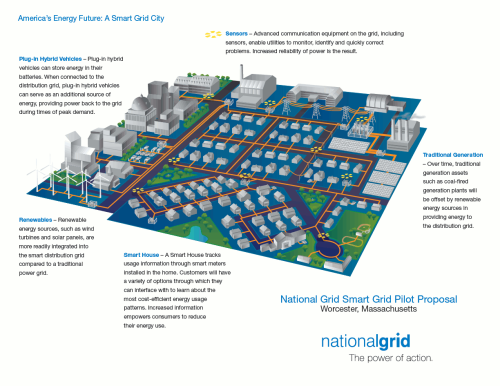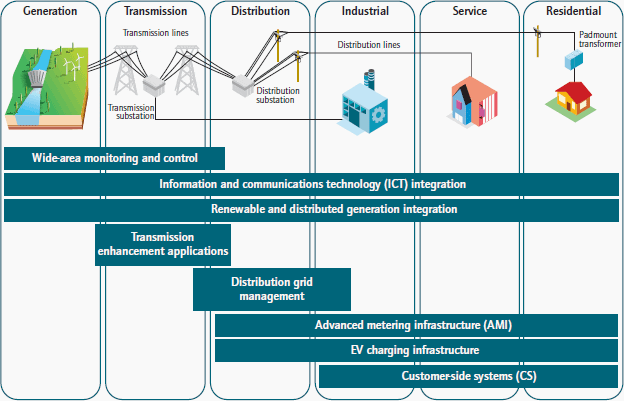

A review of research in the field of long-term energy hub planning, optimal operation of this multi carrier energy infrastructure, and the concepts of micro and macro energy hubs is presented in this paper.Ī bibliographic study is also discussed with a historical review of the energy hub researches.

This research analyzes and classifies the latest innovative research achievements in this field. Today, the energy hub as a framework of generation, conversion, storage and consumption of different energy carriers, is considered by many researchers as the prospect of a future secure energy system. Traditional power system, including low-efficiency generation, long-distance transmission and then a complex distribution system, face various challenges that make it inappropriate as a future secure energy system. Population growth, rising energy demand, fossil fuel scarcity, and environmental concerns have made energy security as major issue for all countries in the world. Mahdi Nozarian 1, Alireza Fereidunian * 1Įnergy supply is one of the main challenges of the present century. The smart grid is enabling the collection of massive amounts of high-dimensional and multi-type data about the electric power grid operations, by integrating advanced metering infrastructure, control technologies, and communication technologies. His research areas include Smart Grid, Power System Operation and Planning, Integration of Renewables and Energy Storages into Power System, Energy Scheduling and Demand-Side Management, Plug-in Electric Vehicles, Distributed Generation, and Advanced Optimization Techniques in Power System Studies.Smart City as an Smart Energy Hub: A Bibliographic, Analytic and Structural Review He is an IEEE Senior Member and the permanent reviewer of many credible journals. Smart grid can be described as a systematic and. Rahmani-Andebili has more than 200 single-author and first-author publications, including journal papers, conference papers, textbooks, books, and book chapters. Keywords: Microgrids power systems smart cities smart grids systematic mapping. As a professor, he has taught many courses and labs, including Power System Analysis, DC and AC Electric Machines, Feedback Control Systems Analysis and Design, Renewable Distributed Generation and Storage, Industrial Electronics, Analog Electronics, Electrical Circuits and Devices, AC Electrical Circuits Analysis, DC Electrical Circuits Analysis, Essentials of Electrical Engineering Technology, and Algebra and Calculus-Based Physics. Moreover, he was a Postdoctoral Fellow at Sharif University of Technology during 2016-2017. India’s Smart Grid vision seeks to overcome the linear constraints and limitations of the centralized legacy grid: centralized generation heat loss and transmission losses demand growth. degree in Physics and Astronomy from the University of Alabama in Huntsville in 2019. To reduce bottlenecks, route power around flaws, and hasten breakdown.

degrees in Electrical Engineering (Power System) from Tarbiat Modares University and Clemson University in 20, respectively, and his second M.Sc. Although it has been stated that microgrids offer a superior solution to address small-scale issues and may even pave the way for a future 'self-healing' smart grid, it is feasible that humanity may eventually adopt 'smart super grid'-style grid architectural paradigms 4.

Before that, he was also an Assistant Professor in the Electrical Engineering Department at Montana Technological University, MT, USA, and the Engineering Technology Department at State University of New York, Buffalo State, NY, USA, during 2019-2022. Mehdi Rahmani-Andebili is an Assistant Professor in the Department of Engineering and Physics at the University of Central Oklahoma, OK, USA.


 0 kommentar(er)
0 kommentar(er)
